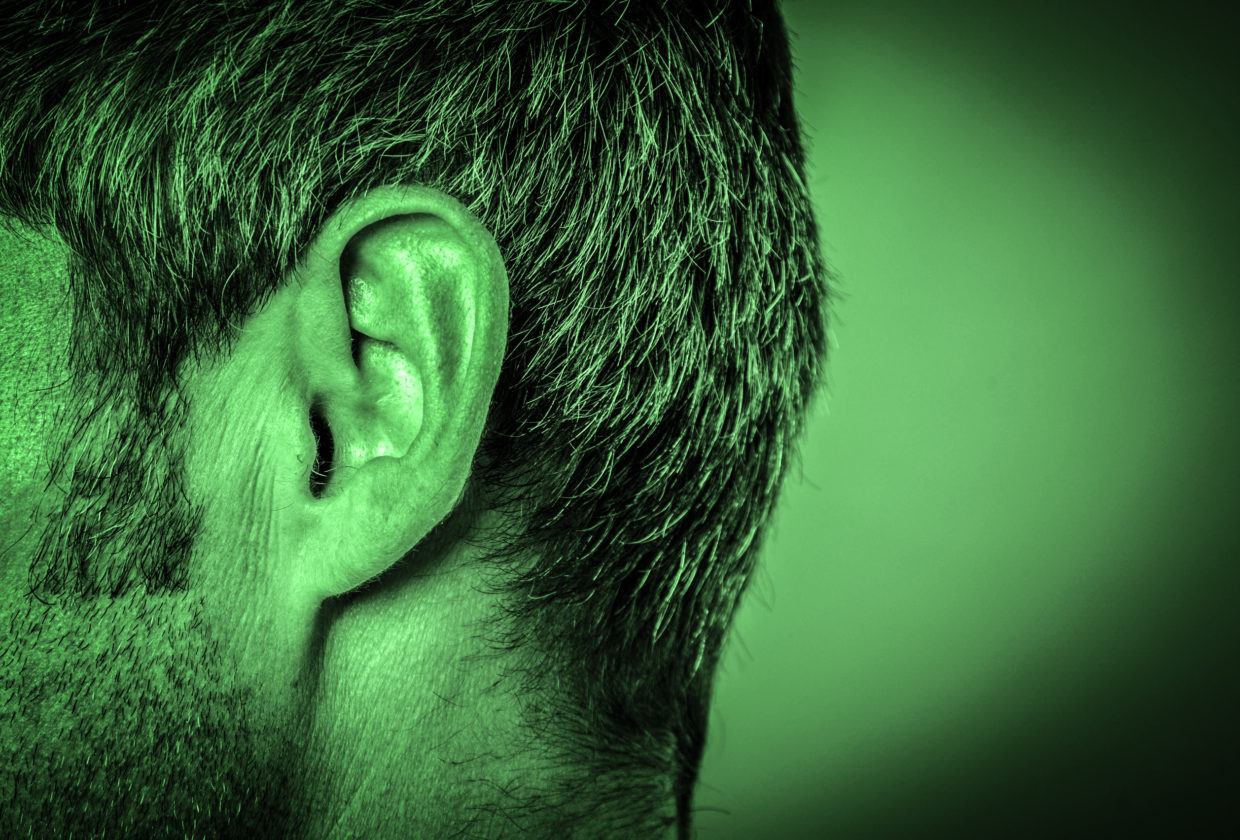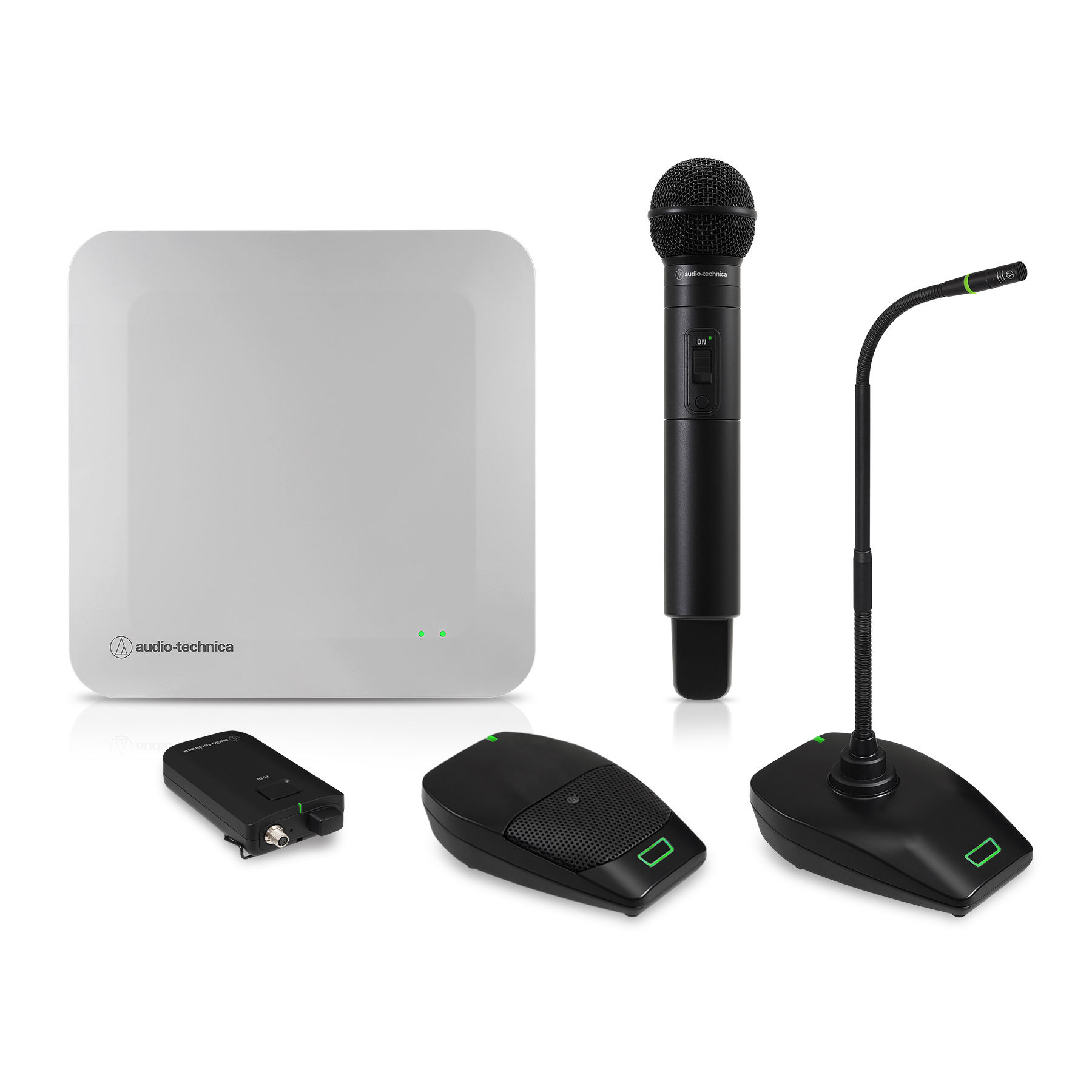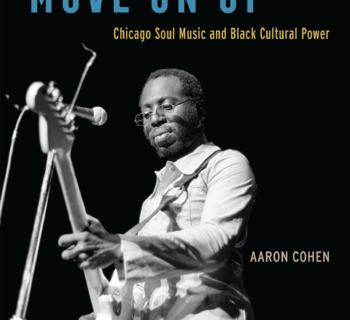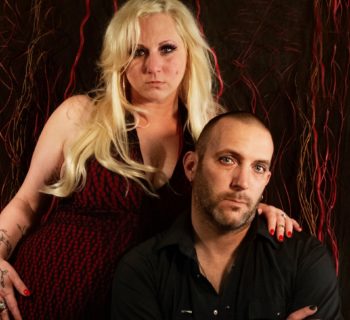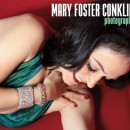Musicians Can Train Themselves to Overcome It
Most musicians know about the ringing. The ringing in their ears caused by tinnitus. For some it’s a buzzing or a whining. Research shows musicians are 57 percent more likely to develop tinnitus than others, in large part because of prolonged exposure to loud sound. And it’s not just rockers; symphony musicians and others have been known to develop the condition.
While they are playing, tinnitus may not be a nuisance as the music camouflages the ringing. It’s in quieter moments—when they practice, compose, relax, or prepare to sleep—that tinnitus is most noticeable. Imagine tinnitus as a candle in a well-lit room. Its glow is barely perceptible. But turn out the lights and the candle burns far brighter.
Tinnitus is known to affect a sufferer’s quality of life. It causes stress, fatigue, and an inability to concentrate. Musicians face an added risk because their ears are so important to their craft. In addition to impacting their everyday lives, tinnitus becomes that unwanted sound they hear when they play their instruments or try to write a melody. It’s not usually a distraction when they perform at full volume, but it can be at other times, when what they hear is important to what they do.
But there’s a way musicians can treat their tinnitus—sound therapy. Today, hearing technology allows them to train their auditory and limbic systems, the latter of which is associated with fight-or-flight responses in the brain, to combat the condition.
The Connection Between Hearing Loss and Tinnitus:
For musicians dealing with tinnitus, the first thing to understand is why they experience ringing in their ears. It’s almost always caused by noise-induced hearing loss, which musicians tend to suffer at a rate four times greater than the general public.
In this situation, tinnitus isn’t exactly an ear condition. It’s actually the brain’s response to a change in the auditory system. When a musician is exposed to loud noise, whether at a concert or in their everyday lives, tiny hair cells in their ears, which send signals to the brain, get damaged. Imagine a pristine lawn: Walk over it once and the grass likely springs back up; walk over it repeatedly and that grass gets matted down.
As the ear’s hair cells flatten, two things happen. First, the person loses hearing. Second, the system begins misfiring signals to the brain, resulting in what sounds like ringing, buzzing, or whining. But it really isn’t sound at all and no one else can hear it.
For musicians with correlated hearing loss and tinnitus, the first step is to visit an audiologist or hearing care professional (HCP). If hearing loss is diagnosed, they should be fitted for hearing aids. In many cases, the sound amplification reintroduced by modern hearing aids goes a long way toward dissipating the effects of tinnitus—i.e. allowing more light into the room, softens the candle’s glow.
Not only do hearing aids amplify sound, they’re also able to reduce background noise or enhance the voices of nearby speakers so wearers can communicate more easily and enjoy overall better engagement in their lives.
But hearing aids also offer the perfect chance to treat tinnitus directly. By generating special, targeted sounds, hearing aids with sound therapy technology help habituate wearers to their condition, making it so the tinnitus is largely unnoticeable.
Treating Tinnitus Through Sound Therapy
There are different ways to treat tinnitus in hearing aids, aside from amplification. One of the most effective is sound therapy. When combined with amplification, the hearing aids generate soothing sounds that are played into the ear. Today’s hearing aids include powerful processors that create unique, algorithmically generated fractal tones that are predictable, but never repeat. The goal is to create tones that conform to musical characteristics the brain associates with relaxation, while ensuring they’re always original and engaging. This combination helps the brain habituate to the underlying tinnitus.
Such fractal tones are the basis of Widex Zen Therapy, a feature in Widex hearing aids. After our studies showed that Zen Therapy was effective, Widex expanded the program to include more fractals, better synchronization between ears, plus new modulated sound waves that have proven popular not just for tinnitus therapy but also for overall wellbeing and relaxation. This new solution, called Widex SoundRelax, can be effective therapy for tinnitus, but also offers stress-relieving benefits for non-sufferers.
Mind you, not all audiologists or HCPs specialize in tinnitus treatment, but those who do can diagnose each particular case (often, one person’s tinnitus manifests differently from another’s) and program hearing aids with particular fractal tones and modulating sound waves. In the case of Widex, the wearer can then toggle through settings in a smartphone app to find the most effective tones or simply pause the tinnitus therapy when it’s not needed, like during a music rehearsal or social engagement.
The Case for Ongoing Assistance
In general, though, musicians with noise-induced hearing loss and tinnitus see the most benefit from hearing aids when they’re worn regularly, and tinnitus therapy is active. And although the correlation between hearing loss and tinnitus in musicians is strong, the latter isn’t always caused by the former.
Certain medicines, caffeine and other substances can also trigger tinnitus in certain individuals. Whatever their situation, with the help of an audiologist or HCP, musicians can determine the right mix of amplification and therapy. Also, simply wearing hearing protection in excessively loud environments helps prevent further damage to the ear.
Tinnitus never goes away completely. But for many sufferers, fractal tones and modulating sound-wave therapy effectively condition the brain, so it doesn’t notice the tinnitus. For some, the effect is immediate. Others require a couple months before they become habituated.
Ultimately, though, the goal is the same: allow musicians to experience their lives and passion free of stress and distraction. To this end, sound therapy is music to their ears.
DANA HELMINK, AuD, Senior Director of Audiology and Clinical Education at Widex, is a licensed audiologist with a Masters in Audiology from Northern Illinois University and a Doctor of Audiology from Salus University.

